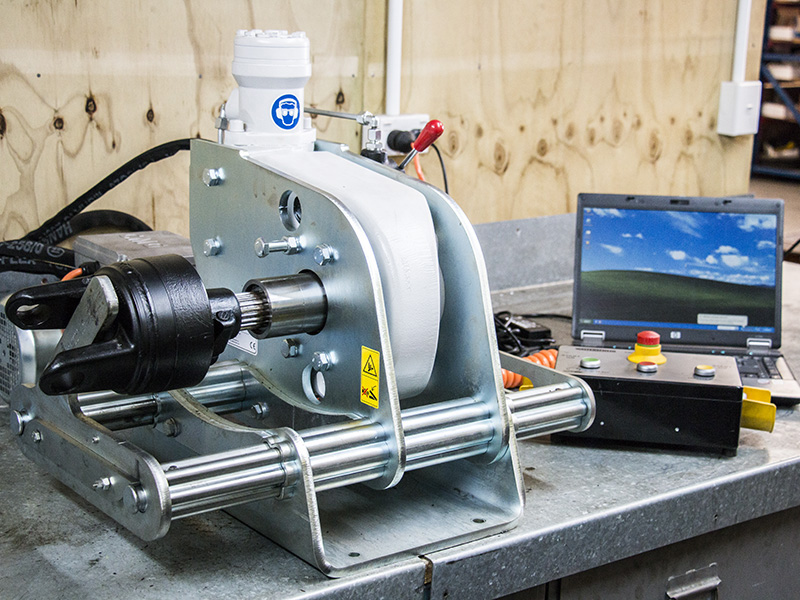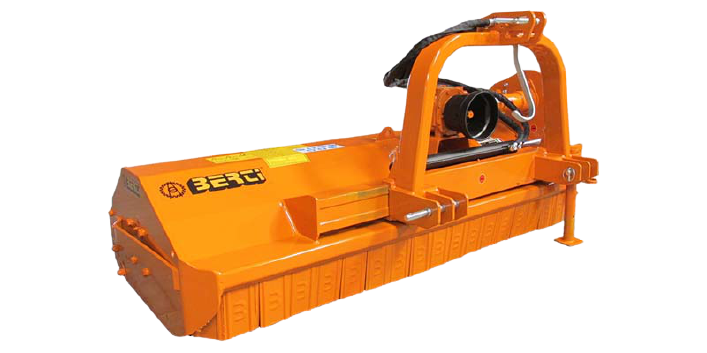You can use the steps in this post regularly to maintain your clutch and to get a clearer idea of the faults, wear, and tear that your components might have. These steps are crucial if you have a second-hand car that has clocked a lot of miles. Well, let’s get straight to the point, here are some of the steps that you can follow:
Start with a Basic Check
The best thing to do is start with a basic check, especially if you aren’t satisfied with your components and don’t have time to go to the shop. Switch on the car and put it into gear while pressing the clutch continuously.
If you notice strange noises or grinding, then you should further check where the issue is. Keep an eye on the signs, the clutch could be slipping, this happens when the clutch doesn’t engage properly. If there is hesitation in the engine slightly, or in extreme cases, your car may rev excessively while driving.
Drive and Test the Clutch Operation
If step one was successful, a test drive is the best way to check the functionality of the clutch a little further. Start by pulling off in first gear, as you would usually do. When the clutch is released, if it shows signs of abnormal behaviour, especially if it starts to make strange noises, you may well have a problem that needs to get looked at. The clutch may be worn out and will need to be replaced sooner rather than later.
Pulling Away in a Higher Gear
If you’ve completed the aforementioned tips and don’t see an issue, it is time to try something out of the box. All you need to do is to stop the car normally and put it into third gear. Now attempt to pull away with this gear while balancing the pedal with the clutch to eliminate any chance of the car stalling.
Generally, the car will pull a lot slower as compared to the first gear but it should result in the car pulling away. If you see any signs of slippage or unusual sounds, the only thing to do is to turn off the car right away and call on a mechanic to replace the clutch or repair it.
Weighing Up Your Replacement Options
The steps outlined in this blog should have provided you with sufficient knowledge about the health of your clutch. If you’ve completed the steps and there haven't been any issues, but are still unsure, call an expert to get a second opinion. It’s always better to be safe than sorry! On the other hand, if you see issues while performing the steps, then the last step is to weigh up your replacement options. Make sure that you go to a reputable shop to get things perfect again and functioning. For more information about clutch testing, rotary hoes for sale and spreaders, visit our website now.

